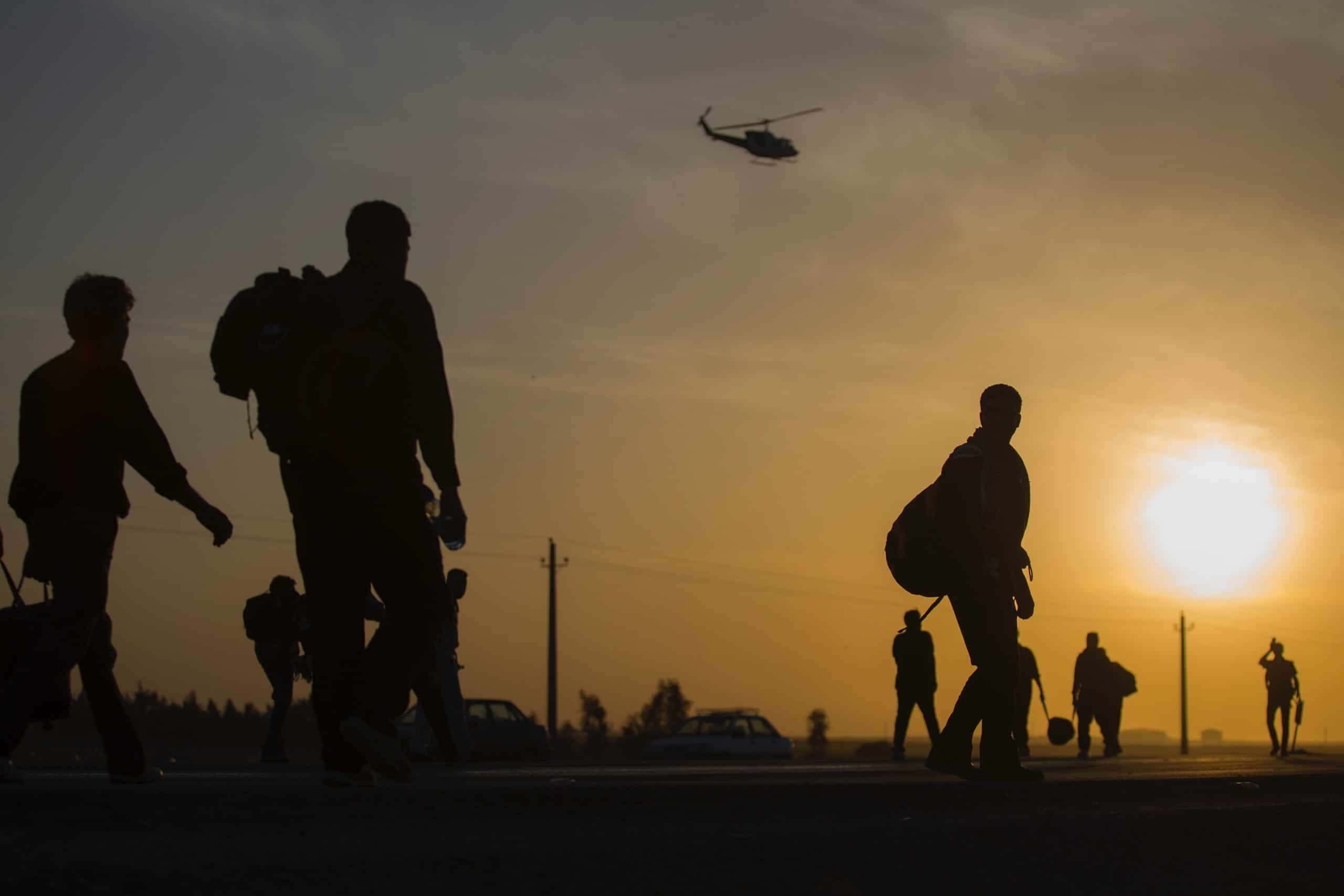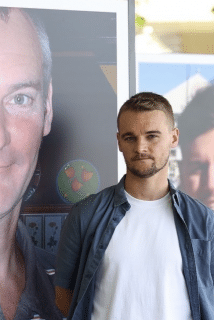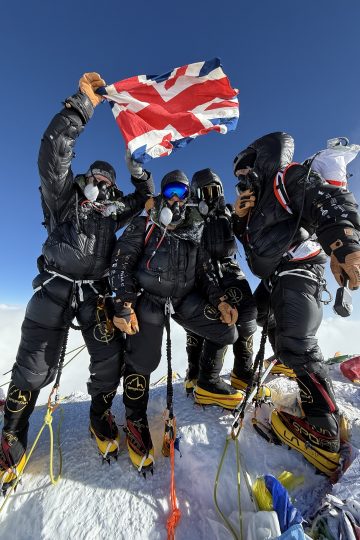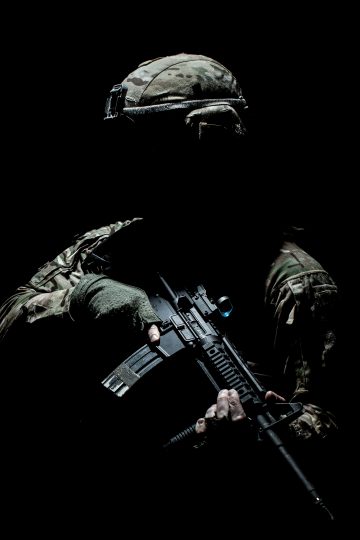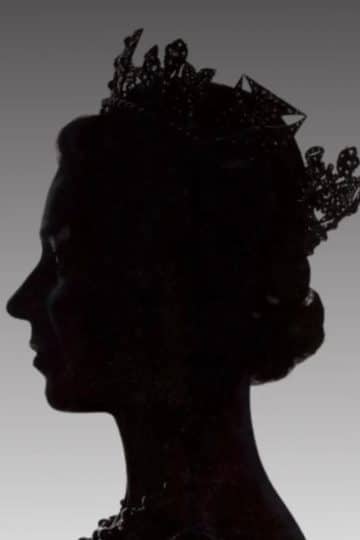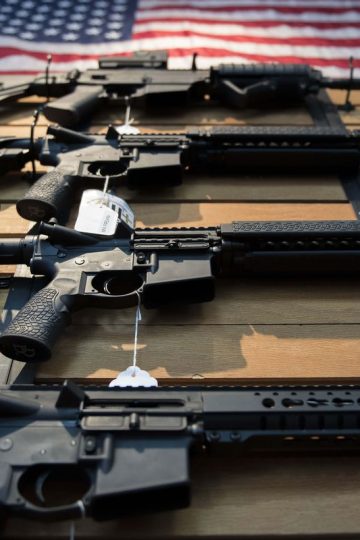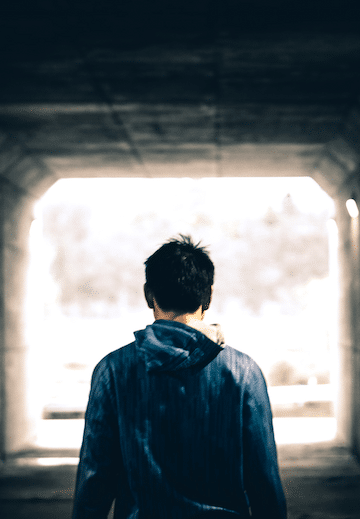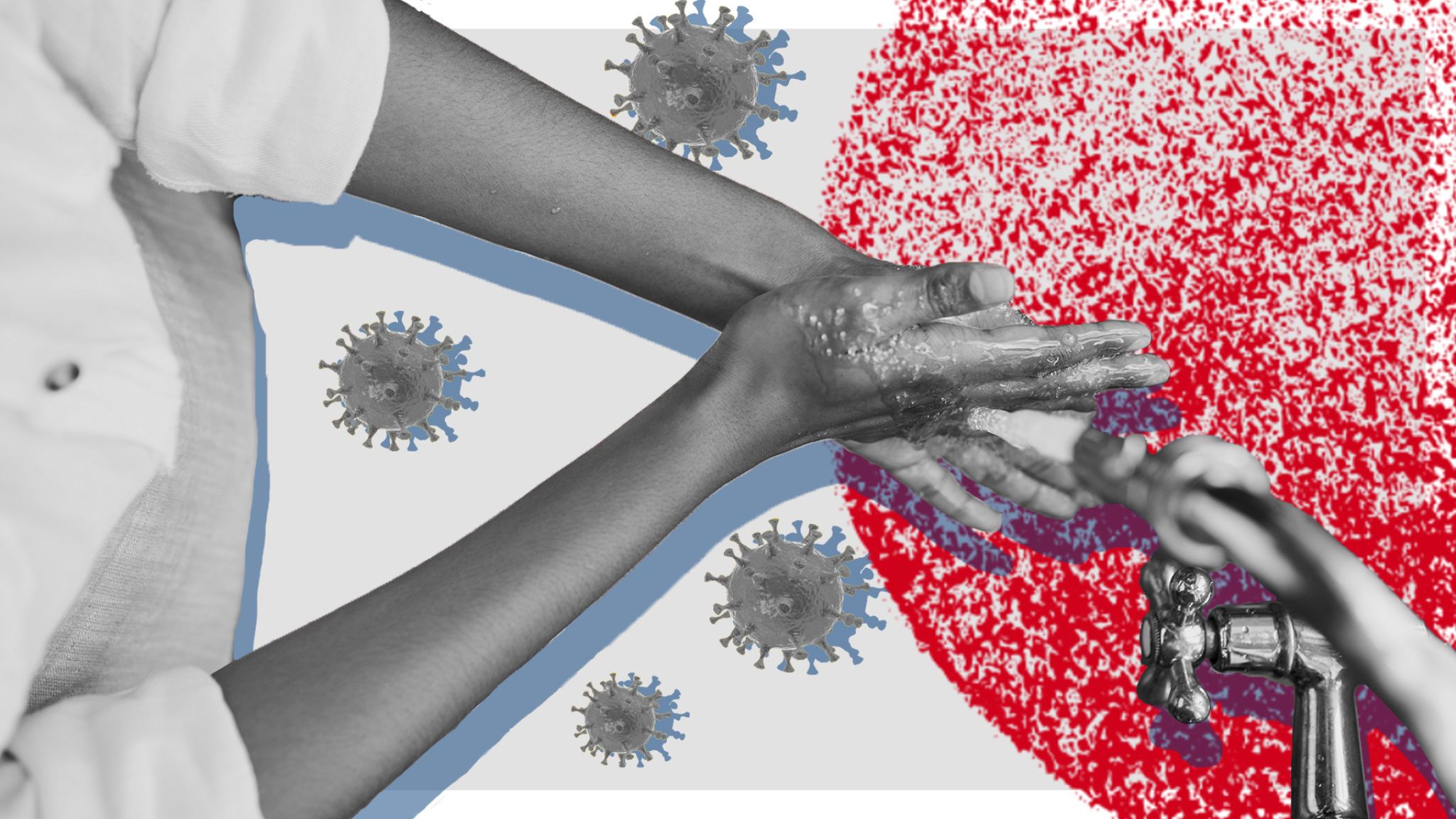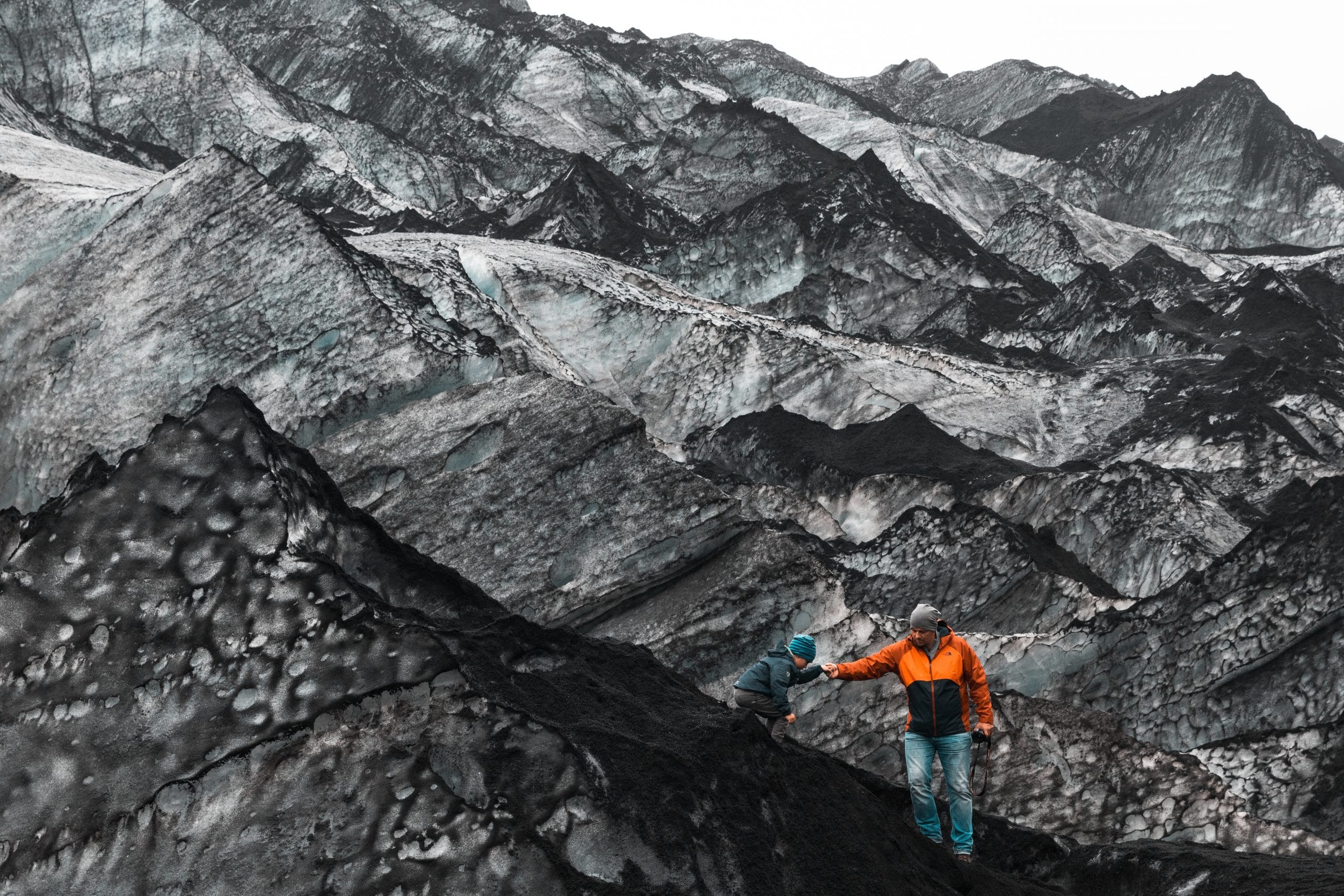The Dark Truth About Veteran Suicide
Kevin Godlington
Former soldier Kevin Godlington writes about veteran suicide and why the system of support for people leaving the Armed Forces needs to change.
Johnny Mercer, the veterans minister, is a man of determined conviction. He served with distinction in the army and survived a number of operational tours to rise quickly through the ranks of government. I had lunch with him recently at the House of Lords, introducing him to a charity very close to my heart Scotty’s Little Soldiers. Suicide is front and centre of his complex strategic mandate which in general terms is to make life for those who serve better when they return to civilian life.
Suicide amongst veterans is not new – nor is war – but although the government says suicide is less prevalent than in their civilian counterparts (when it comes to comparable age ranges for civilian men) what the government isn’t doing is explaining how once fit, able, capable and resilient men are now forced into a situation where their only way out is death by their own hand. You’d think these men would be the last to ‘end’ themselves.
War is a bloody, noisy, messy affair. The stinking stench of cordite and burnt flesh, the noise of attack helicopters overhead, ‘danger close’ bombing runs as jets rip through the sound barrier, the fizz of shoulder mounted rockets and whacks of RPGs, the screams of the enemy and your own “Man down” or “Help me I’m bleeding”; the petrified voices of young soldiers trying to attract a medic to come to their aid, as corporals and officers try to bring order and command and control to chaos and disarray.
It is utter carnage and anyone who has experienced it will become a changed person forever.
Expeditionary war, our forte since the Falklands and Vietnam, is a dirty, violent and abhorrent business that involves young men taking metal projectiles laced with fast burning metals designed to cause as much penetrative trauma of their flesh as possible. Occasionally you are so up close with the enemy that it involves drawing bayonets. The reader will probably be unaware that British troops have killed with the bayonet in recent years; out of ammunition and forced into such close proximity with enemy combatants, the order to fix bayonets was given and acted upon.
I have witnessed young men die in conflict – and also back home, shaking like a shitting dog, killing themselves after three grams of cocaine, and a bottle of vodka.
As the government looks for the data and facts about what causes this problem, the root of many suicides is almost certainly to be found at the place the story begins. When veterans were still civilians, before they joined up. Poverty and social beginnings will have a part to play, not necessarily on the field of battle where most think it starts, but in the formative years, in what we could call ‘pre-trauma’.
The world has become an anxious place. Social media, with everyone’s new determination to be liked, adored, wanted and needed online, is a new phenomenon and one we don’t yet understand the implications of. But if anxiety and up and down emotions are the new human demons, then veterans will for sure join the revolution. Veterans are all over social media, addicted to it seemingly, ranting and roaring about this and that, commenting and forming groups in their hundreds.
The military teaches all young men and women the purpose of self-discipline, honour, duty, sacrifice, loyalty and controlled composure, and that in a team we are strong. So when they leave the military, the team and it’s structure, often going home to places where regimental county and town allegiances have been disbanded in favour of large amalgamated and centralised battalions in major cities, they have no local connections, no corps esprits, and are left to deal with often traumatic experiences prior to joining the military and certainly afterwards.
As a young 16-19 year old soldier, too many times to count I would chat to my mates and found so many came from broken homes, abject poverty, a poor academic turn out, with no one “worth going home to.” The military becomes ‘your all’. It becomes your central core stabiliser that everything else glues to. Often these young men and women won’t reconcile their traumatic childhoods, they will simple move on to the next vigorous military distraction, the next course, or the next tour of duty, adding trauma onto trauma. Untreated and left, this perpetual loop only breaks when the military service ends. And when it ends, what happens? Well the military attempts to reposition and resettle the service person into civilian life, with their family. Getting a job and moving on. But it’s doesn’t always go like that.
Imagine the family, used to said spouse often being away for long periods, now having them back at home full time, in a garrison town, where all his or her mates are still in the military and away. No friends, no local connections, looking for jobs or being unfulfilled in a job that isn’t remotely as exciting as the one before it. The veteran quickly finds themselves in dispute at work – swearing “like a trooper” apparently isn’t favoured at the warehouse or office – calling the arrogant condescending hipster, who refers to those who fought in Iraq as “baby killers”, a cunt, as he or she tries to explain “Going to war doesn’t mean you agree with war!”
So the veteran ponders, and can’t figure why, after seeing death all over the world, everyone is suddenly so offended over language and has such strong opinions on Tony Blair and George Bush’s cavalier crusading! “How can this world be so different to the one I left behind,” he asks, “Why is everyone so precious? When the military encourages bravado, machoism and robustness – after all, that’s the point of tribal armies right? To be macho and good at fighting?”
Thus drinking becomes more of a default as discipline and the days of forced “no drinking” no longer applies. No command and control, no leadership, no boss. Left with their own charge and responsibilities the demons start to dance. Alcoholism, greater access to drugs and no drug testing to stop it! Cheap access to accelerants like cocaine offer short term respite but before long the perpetual process leads to mood swings and disassociation. The lows become long downers with serotonin and dopamine collapses as the drugs and booze leave the body. There’s arguments at home and job losses. Before long the cycle is every 2-3 days and out of control. Then one night after lots of tears and repeated promises to change, after pleas for help on social media, on the 1,000 or more Facebook groups and direct messages from random strangers who are still awake at 3am, trying to help, and shouldn’t be because they are fucked out of their heads too, these the last attempts to fix it, to stop, to try harder. To get help. Three grams of coke and bottle of vodka won’t bring the sleep he needs. The insomnia and the pain of tomorrow are too much. It’s over. His 9 and 13 year old are without a daddy, their last memories not of a great warrior but of an angry and vapid creature of a man, boosted and drugged and unemployed. His medals must been someone else’s, not his. Maybe we can eBay them?
This is happening every fucking week. Sometimes daily.
I believe for a military to be effective at all, it should be tough, resilient and well trained. And moreover, lethal and effective at is job. To close and kill the enemy. For me at least, joining at 16 was a blessing and stopped me following in my dad’s footsteps of heroin and prison, but that was then and this is now, and we need to rethink how we recruit, train, and when it’s over, resettle our servicemen and women. The system isn’t fit for purpose and needs a total overhaul and rethink. Cheap labour for service is now outdated and won’t wash in the modern age, we need to start telling the truth about drugs abuse by veterans, about recruitment and about resettlement of them when they leave.
We the British people have given a lifelong commitment which is enshrined in law. We have a moral and ethical duty to protect those who signed up to serve their country, and willingly pledge their lives to its service, for the rest of their lives, and their families. Then, now, and tomorrow.
Veteran suicides are lower than their civilian cohorts, but given the training and efforts placed of building superbly resilient humans, they shouldn’t be happening at all. This government must start looking at those it recruits, their trauma prior to joining the military and invest heavily in the resettlement and retraining of their transition to civilian life.
We either do this properly. Or stop going to war all together.
Kevin Godlington served on operations all over the world and has lost three friends to suicide.
Trending

Join The Book of Man
Sign up to our daily newsletters to join the frontline of the revolution in masculinity.




